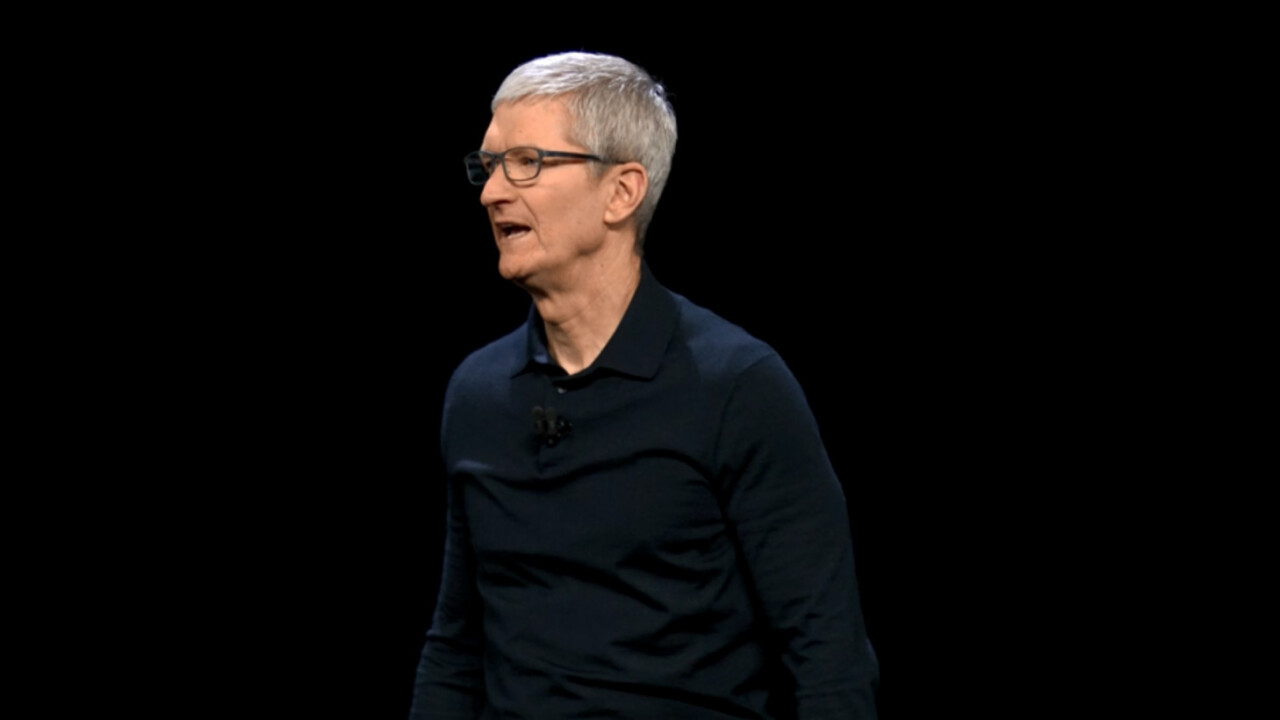
Apple CEO Tim Cook once again took shots at Silicon Valley tech companies in his Stanford commencement speech on Sunday.
Although he didn’t mention them by name, Cook warned that they need to take responsibility for the “chaos” they create as a result of their innovations.
“It feels a bit crazy that anyone should have to say this, but if you built a chaos factory, you can’t dodge responsibility for the chaos,” Cook said.
Speaking to a gathering of 30,000 attendees, including graduates, and their family and friends, Cook mounted a not-so-subtle attack against his rivals for failing to own up to a variety of issues like fake news, data breaches, privacy violations, and hate speech.
He even called out Theranos in his speech, the now-defunct healthcare tech startup founded by Elizabeth Holmes that was at once valued at $9 billion before The Wall Street Journal revealed its breakthrough blood testing technology was a sham.
“We see it every day now with every data breach, every privacy violation, every blind eye turned to hate speech, fake news poisoning out national conversation, the false miracles in exchange for a single drop of your blood,” he said.
Cook then went on to make a case against surveillance capitalism and commodification of user data in the name of technological advancement, arguing that there’s a lot more at stake.
“If we accept as normal and unavoidable that everything in our lives can be aggregated, sold and even leaked in the event of a hack, then we lose so much more than data. We lose the freedom to be human,” Cook said in the commencement speech.
This is not the first time Apple’s chief executive has championed the cause of privacy. Nor will it be the last.
As Amazon, Facebook, and Google continue to rely on customer behavior to further their businesses, Apple has strategically built a new services model with privacy as the selling point. Privacy has become its key differentiator.
Early this month, it announced a new single sign-on option that allows any registered Apple ID user to sign in to third-party websites without having to share any personal information, or create a website-specific password.
It’s a clever marketing spin that’s meant to push you further deep into the Apple ecosystem. But in doing so, if it can push companies (and consumers) towards adopting more privacy conscious practices, we all would benefit from it.
Apple, of course, is not without its share of issues. It has been accused of exploiting its iron-clad grip over the App Store to engage in anticompetitive practices. It has kept Google as the default search engine on its Safari web browser, and earned between $9 billion and $12 billion over the period 2018-19 from that deal.
It has also complied with China’s data regulations and shifted data from users based there to a local operator, rather than having chosen to cease doing business in the country.
Ultimately, what Apple has in its favor is a better privacy policy than its data-hungry rivals. That puts the onus on you, as a paying consumer, to vote with your wallet and decide which model — and which ecosystem of products — works best for you.
Get the TNW newsletter
Get the most important tech news in your inbox each week.





